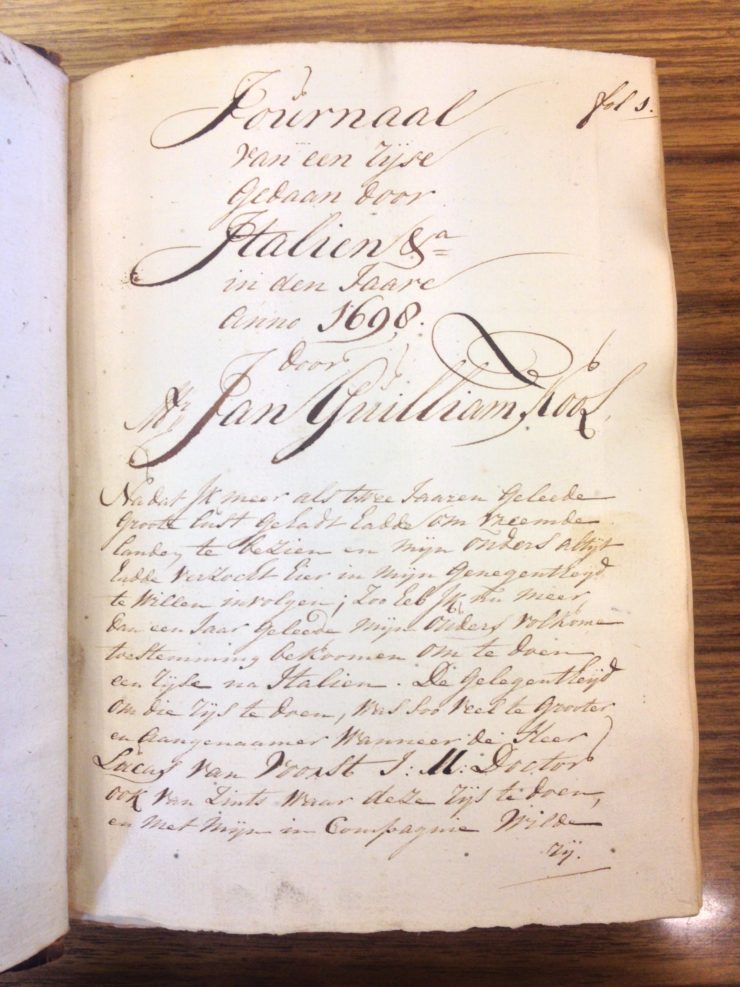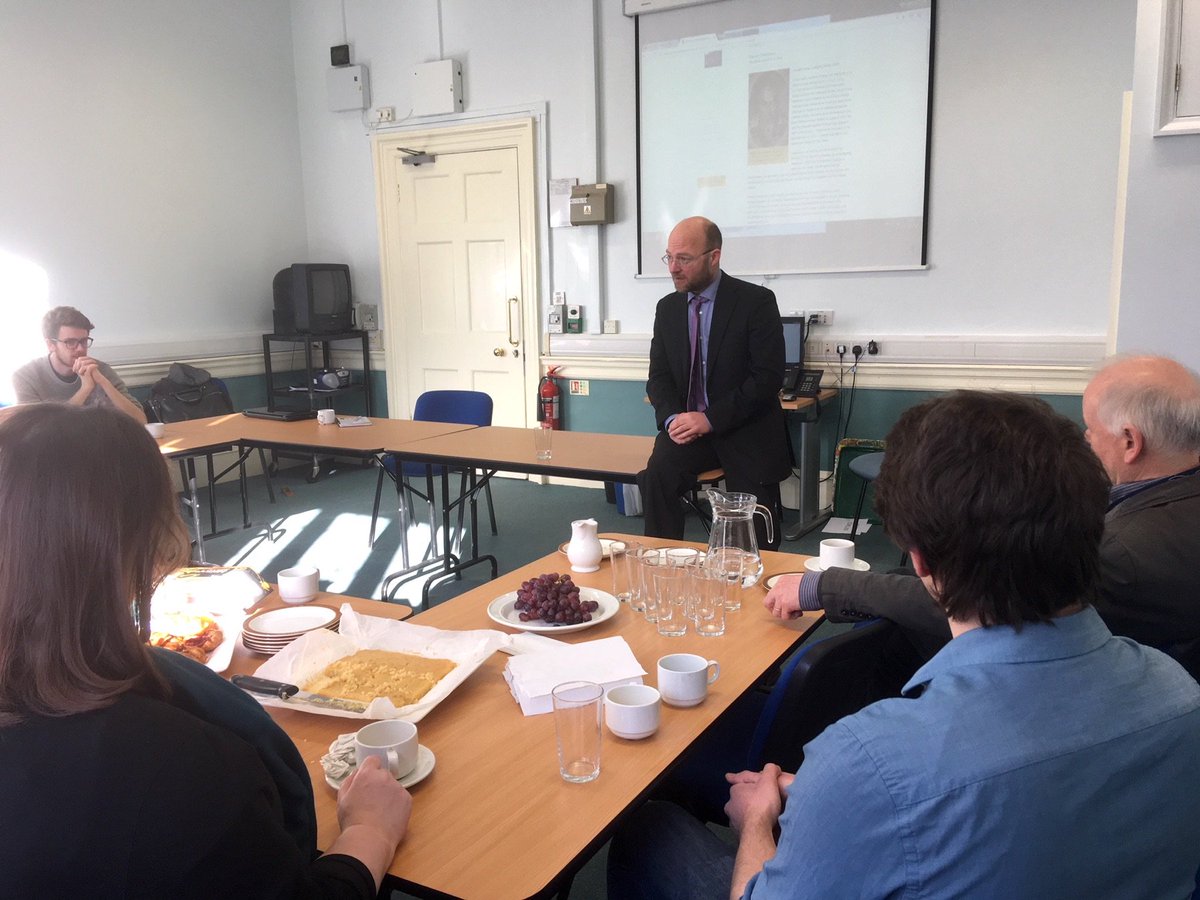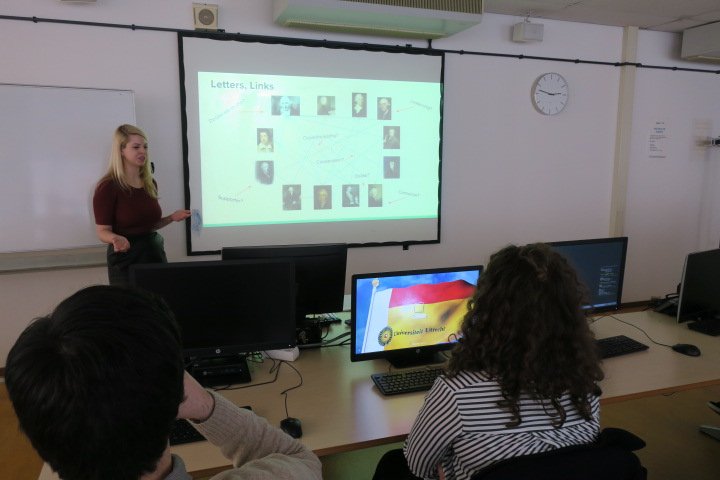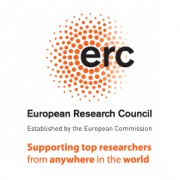Blog
Sharing Knowledge on Learned and Literary Networks: The First Nine Months of the SKILLNET Project
Since its start in July 2017 the SKILLNET project, under the direction of Dirk van Miert, has gotten well under way. The project has welcomed new team members: Robin Buning as research and administrative assistant, the two PhD candidates Koen Scholten and Manuel Llano, and Samantha Sint Nicolaas as an intern — another research assistant, Isabelle Buhre, will start this month. We have launched a website and accounts on Twitter and Youtube. A start has been made with building the digital platform for the ‘Epistolaries of the Republic of Letters’ crowdsourcing subproject. And team members participated in presentations, conferences and workshops, representing and promoting the project.
Project communications
In November the project launched its website: skillnet.nl, which lists news and events concerning the project as well as the broader field of research on the Republic of Letters. The website also includes a finding aid for early modern letters and a (still growing) gallery of early modern paintings featuring letters (suggestions are welcome!). The latest addition is this blog, which will have monthly contributions from all team members.
News about the project (and retweets on related subjects, such as early modern correspondence, digital humanities, paleography, etc.) is also spread through our Twitter account: @ERC_SKILLNET.
In February we launched our YouTube channel. The first video is of a presentation by Dirk on cataloguing early modern scholarly correspondence held in Dutch libraries (read more below).
Subprojects
In February our two PhD students started their research and enrolled in the Huizinga Graduate School of Cultural History. The research of Koen Scholten focuses on how scientific and scholarly identities were collectively defined and which ideals of knowledge they stood for. By text mining manifestations of memory, he examines the transmission of the identification with the ideal of sharing knowledge through the networks of the Republic of Letters. Currently he is studying the travel diary of Joannes Kool in the Biblioteca di Archeologia e Storia dell’Arte, as part of a traineeship at the Royal Netherlands Institute in Rome.

Title page of Kool’s travel diary
The research of Manuel Llano focuses on the structure of the networks of the Republic of Letters. Using tools from social network analysis, he examines how the social fabric of this community developed chronologically and geographically. In March he took part in the COST Action IS1310 ‘Reassembling the Republic of Letters’ Training School in Tallinn on how to process and prepare for publication metadata of early modern correspondence. He is also involved in setting up the ‘Epistolaries of the Republic of Letters’ (EROL) crowdsourcing subproject, which will provide part of the metadata for his research.
‘Crowdsourcing EROL’ aims at harvesting the metadata of letters from scanned versions of printed letter collections in the Open Domain with the help of the crowd. The development of an innovative crowdsourcing platform, in cooperation with Utrecht University’s Digital Humanities Lab, will start soon.
These last three months, Samantha Sint Nicolaas has been compiling an inventory of the correspondence of Anna Maria van Schurman, as part of her internship focusing on the role of gender within the Republic of Letters. The inventory will soon be published in Early Modern Letters Online (EMLO).

A letter from Van Schurman to André Rivet with their portraits
Past events
From 29 January to 2 February Dirk attended the final conference of COST Action IS1310 ‘Reassembling the Republic of Letters’ at Malta as an MC Member of the Action. After four years of research, workshops, conferences, Short Term Scientific Missions and numerous presentations, 45 delegates concentrated on formulating standards for compatibility between various European digital ontologies in the field of early modern knowledge history. These standards will be published at the end of 2018 in an enhanced volume published by Göttingen University Press. Dirk also presented the SKILLNET project there.

Dirk presents the SKILLNET project at the COST conference at Malta
On 16 February Dirk spoke about early modern epistolography in the Netherlands at the international study conference ‘L’epistolografia di antico regime’ in Viterbo. The presentation can be watched on our YouTube channel: https://youtu.be/SyAQvmu_M8s.
On 27 February Dirk held a Q&A breakfast session about early modern letters at the offices of the ‘Cultures of Knowledge’ project at Oxford. He discussed the editorial workflows used to prepare Paul Botley’s and his eight-volume edition of Joseph Justus Scaliger’s correspondence.

Q&A session about early modern letters at Oxford
On 9 March Dirk gave a lecture at the Nijmegen bookshop Roelants on the occasion of the publication of Hans Bots’ De Republiek der Letteren. De Europese intellectuele wereld, 1500-1760.
On 27 and 29 March the SKILLNET team participated in a crowdsourcing experiment, organised by Dirk’s MA student Richelle Boone, to collect the metadata of letters exchanged within the Birmingham Lunar Society (which was not engaged in astronomy, as we learned from Richelle, but, out of safety reasons, gathered at full moon).

Richelle presents her project on the Lunar Society
You must be logged in to post a comment.



